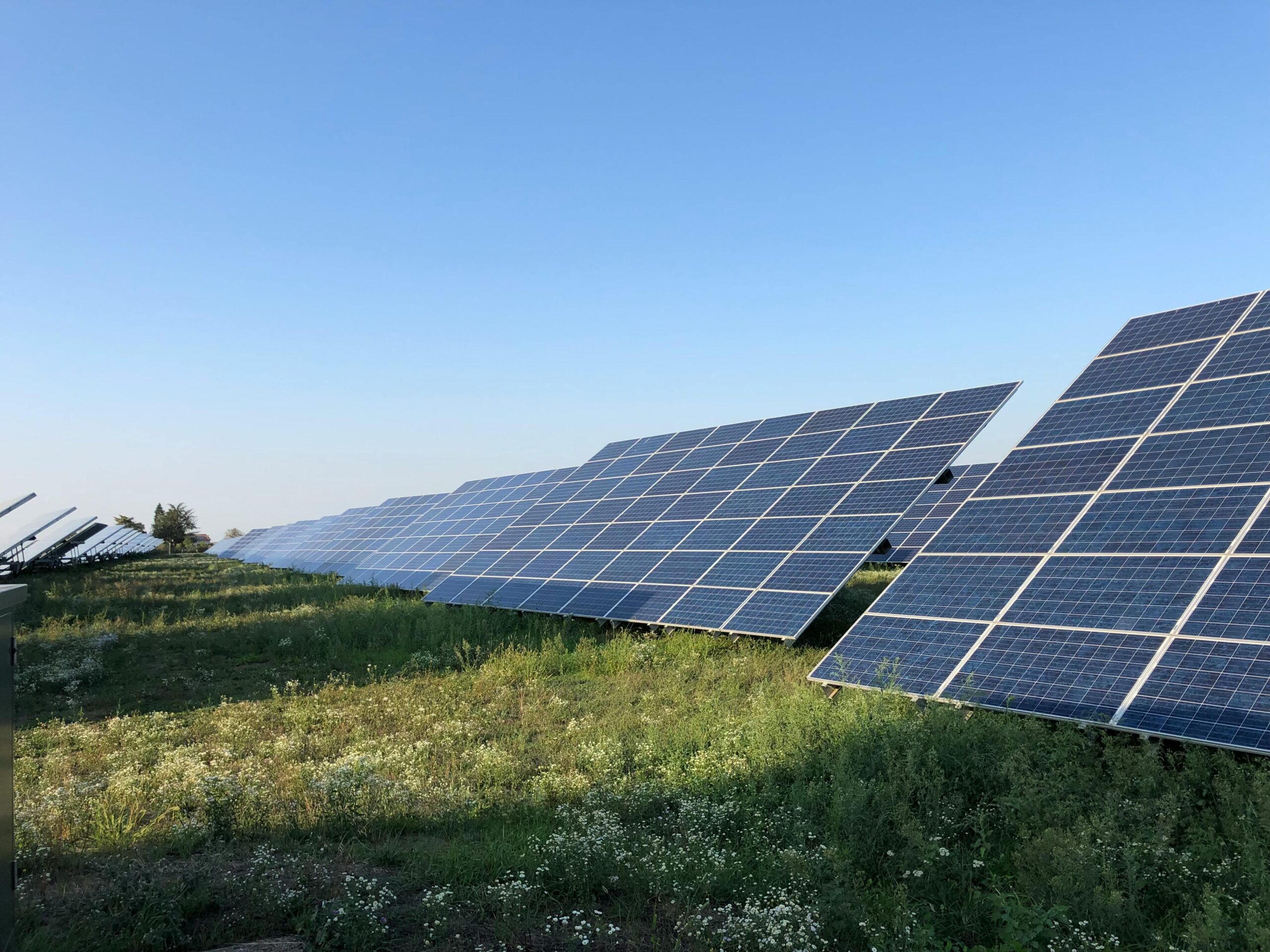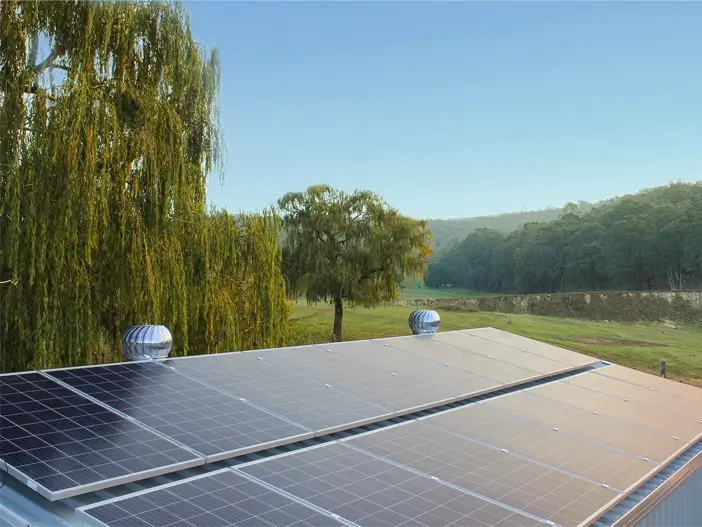Enter off grid energy for remote applications– a beacon of hope and progress for those living beyond the reach of traditional power infrastructure.
In the vast expanses of our world lie communities tucked away from the bustling grids of urban electricity. Yet, these remote locations, such as rural communities, cabins nestled in the woods, and off-grid homesteads, require power just like any other.
#OffGridSolar #Resilience #EnergyIndependence #SustainableLiving

The Importance of Off Grid Energy for Remote Applications
1. Reliable Electricity, Anywhere: Off-grid solar energy systems offer a lifeline to remote locations by providing a reliable source of electricity, independent of the main power grid. Even in the most secluded corners of the world, the sun’s rays can be harnessed to power essential appliances, lighting, and communication devices, ensuring a comfortable and connected lifestyle.
2. Sustainable Solution: In remote locations where access to conventional electricity is impractical or non-existent, off-grid solar energy emerges as a sustainable solution. By harnessing the abundant energy of the sun, these systems reduce reliance on fossil fuels and mitigate environmental impact, paving the way for a cleaner and greener future.
3. Economic Empowerment: Off-grid solar energy empowers communities in remote locations by freeing them from the burden of costly fuel imports or infrastructure investments. With a one-time investment in solar panels and batteries, these communities can enjoy long-term energy independence and financial savings, redirecting resources towards other essential needs such as education and healthcare.
4. Resilience in the Face of Challenges: Remote locations often face challenges such as inclement weather, unreliable power supply, or geographical isolation. Off-grid solar energy systems offer resilience in the face of such challenges, providing a consistent source of electricity even during power outages or adverse conditions. With backup battery storage and optional backup generators, off-grid communities can stay powered up when it matters most.
5. Sustainable Development: Access to reliable electricity is a catalyst for sustainable development in remote areas. Off grid energy for remote enables the establishment of schools, healthcare facilities, and small businesses, unlocking opportunities for education, healthcare, and economic growth. By bridging the energy gap, these systems lay the foundation for thriving and self-sufficient communities.
#EnergyFreedom #SolarResilience #CyberSecurity #GreenLiving
Embracing the Sun’s Power for a Brighter Future
Off-grid solar energy is not just about generating electricity – it’s about empowering communities, fostering sustainability, and bridging the gap between the haves and the have-nots. In remote locations where traditional power infrastructure falls short, off-grid solar energy shines bright, offering a path to progress and prosperity. As we look towards a future powered by renewable energy, let us embrace the sun’s power and illuminate the lives of those living beyond the grid. Together, we can light up the world, one remote community at a time.
Get in touch to receive a quote today








